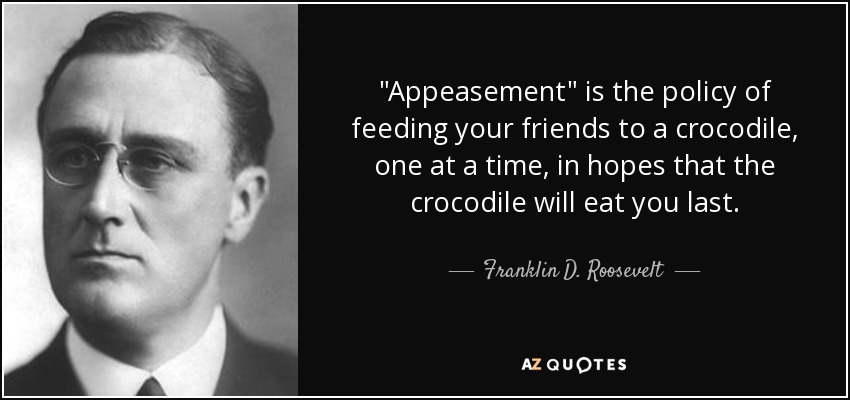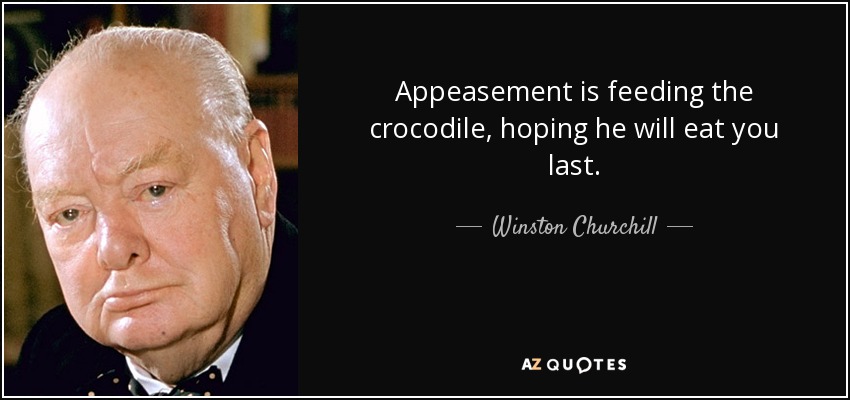Litwin
Platinum Member
The largest of the continental European countries, Ukraine has the capability and the capacity to be an economic powerhouse, in both industry and agriculture, and an extant example of what it means to fight for national freedom.
If Putin has his way, Ukraine will become an emaciated and serf-like rump buffer state, serving only the interests of corrupt masters in Moscow.

 www.politico.com
Ukraine is doing something no one thought possible: defeating the Russian army and, in doing so, crippling one of America’s most dangerous adversaries. This is primarily a credit to the fortitude, patriotism, and skill of the Ukrainian people. But it’s also something Americans can take pride in — and not just because of our decisive role supplying weaponry and training. When Ukraine set about forging its democracy after breaking free from the Soviet empire in 1991, it faced an uphill battle. Nearly 70 years under communism had left Ukraine with weak institutions ill-equipped to manage the transition to the free market. Ukrainians were unfamiliar with democratic processes and norms. As in other former Soviet republics, the mismanaged privatization of state-owned enterprises created an oligarch class that left Ukraine’s government vulnerable to corruption and manipulation by the Kremlin. Extraordinarily, Ukrainians have had three peaceful revolutions to push its course towards freedom — the break from Soviet control in 1991, the 2004 Orange Revolution ushering in pro-Western leadership and the 2014 Revolution of Dignity that deposed a Kremlin-backed president in favor of a pro-European future. This ushered in a new phase of reforms to strengthen the parliament, foster an independent judiciary, advance electoral integrity, decentralize decision-making and combat corruption.
www.politico.com
Ukraine is doing something no one thought possible: defeating the Russian army and, in doing so, crippling one of America’s most dangerous adversaries. This is primarily a credit to the fortitude, patriotism, and skill of the Ukrainian people. But it’s also something Americans can take pride in — and not just because of our decisive role supplying weaponry and training. When Ukraine set about forging its democracy after breaking free from the Soviet empire in 1991, it faced an uphill battle. Nearly 70 years under communism had left Ukraine with weak institutions ill-equipped to manage the transition to the free market. Ukrainians were unfamiliar with democratic processes and norms. As in other former Soviet republics, the mismanaged privatization of state-owned enterprises created an oligarch class that left Ukraine’s government vulnerable to corruption and manipulation by the Kremlin. Extraordinarily, Ukrainians have had three peaceful revolutions to push its course towards freedom — the break from Soviet control in 1991, the 2004 Orange Revolution ushering in pro-Western leadership and the 2014 Revolution of Dignity that deposed a Kremlin-backed president in favor of a pro-European future. This ushered in a new phase of reforms to strengthen the parliament, foster an independent judiciary, advance electoral integrity, decentralize decision-making and combat corruption.
Because of these efforts, Ukraine now has strong governing institutions — so strong that they have continued to function under the onslaught of Russia’s attack in the biggest war in Europe since the 1940s. As we enter the 10th month of Russia’s brutal invasion, with a new U.S. Congress taking office, some elected officials — Republicans and Democrats — have questioned whether the aid America is providing, from weapons to reconstruction support to democracy assistance, is really in our national interest. The strategic case for supporting Ukraine is sound: Ukrainians are fighting an American great-power adversary to defend the free world from the kind of wanton aggression that would destroy the U.S.-led order NATO exists to defend. Polling shows that Ukrainians identify tackling corruption alongside restoring Ukraine’s territorial integrity as their top concerns. Continued anti-corruption reform is crucial to Ukraine’s future prosperity and political integrity. The worst possible outcome for Vladimir Putin would be for Ukraine not only to emerge victorious, but even more resolutely committed to pursuing a democratic, pro-Western future. If that happens, the return on America’s investment in Ukraine’s democracy would be incalculable.
If Putin has his way, Ukraine will become an emaciated and serf-like rump buffer state, serving only the interests of corrupt masters in Moscow.

Opinion | Ukraine Is Already Paying Us Back
Our investments in Ukrainian democracy are paying off. Now is not the time to pull back.
Because of these efforts, Ukraine now has strong governing institutions — so strong that they have continued to function under the onslaught of Russia’s attack in the biggest war in Europe since the 1940s. As we enter the 10th month of Russia’s brutal invasion, with a new U.S. Congress taking office, some elected officials — Republicans and Democrats — have questioned whether the aid America is providing, from weapons to reconstruction support to democracy assistance, is really in our national interest. The strategic case for supporting Ukraine is sound: Ukrainians are fighting an American great-power adversary to defend the free world from the kind of wanton aggression that would destroy the U.S.-led order NATO exists to defend. Polling shows that Ukrainians identify tackling corruption alongside restoring Ukraine’s territorial integrity as their top concerns. Continued anti-corruption reform is crucial to Ukraine’s future prosperity and political integrity. The worst possible outcome for Vladimir Putin would be for Ukraine not only to emerge victorious, but even more resolutely committed to pursuing a democratic, pro-Western future. If that happens, the return on America’s investment in Ukraine’s democracy would be incalculable.





